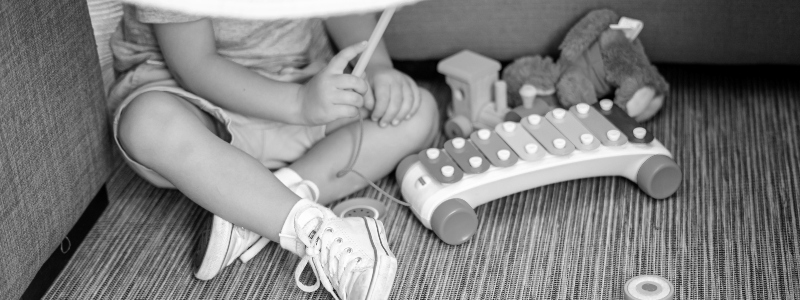One of the most profound experiences we can have is to become a parent. If you had a good experience of growing up in a happy home where your needs were considered important, you felt secure, this is the best preparation for becoming a parent yourself.
However, life is not quite as easy as that and many of us will encounter disruptions to our wellbeing because of parental illness, a lack of resources, social isolation, or neglect. Trauma is used here to describe not necessarily an event but the often small every day psychological injuries inflicted on us whilst growing up in a dysfunctional family. When we enter therapy, we are often unaware of the events and hidden daily routine attacks on our ego that happen in families. How do we find a way of developing a mentally healthy approach to our role as parents, during the first 5 years of our children’s lives?
What is it about these first five years that are so important?
Both parents and caregivers need to recognize the importance of creating a safe and happy space for children to grow up in. There is an equal need for parental closeness and nurturing of the infant regardless whether a male or a female partner. Both parents in the household are equally important in the maturing process. Fathers can feel they have little to offer during the early weeks, months and years of a child’s life, however, it is clear fathers have an essential role during this period.
- Neurobiological development – the development of the brain depends on a secure and safe space where the child can explore the environment for development and learning to take place. This lays down the neurological potential for later life and mental health. If the family is dysfunctional whereby the parents are unable to regulate their emotional state or act out with physical or emotional abuse towards the child or partner, then the child will internalize these experiences, which come to the fore later in life. Or if parents are not emotionally present and sibling rivalry is not contained, a child is bullied or goaded by other children.
- Attachment and separation – from the moment of our birth we begin the process of separation from our mother learning and adjusting to the world around us. We enter a world that will influence us on a personal, social and cultural level that will take us a lifetime to understand. As a newborn we are completely dependent on those around us to keep us safe and secure. This is a demanding period for parents who have to sacrifice time and energy to looking after our needs. It can be a difficult period of adjustment for parents as their role as parents will be unfamiliar.
- Language acquisition – language is not something we learn in a “book learning way” but we acquire it through interaction with our families and those around us. Children in families where more than one language is spoken have increased number of neurons in the brain.
How do you prepare for becoming parents?
If we are not to pass on to our children unwanted patterns or similar patterns of relating to our own children that we experienced; particularly if we have been exposed to trauma during our childhood, then we need to firstly look inwards at our experience of family life.
- Make a connection to your experience as a child. What was the atmosphere like at home was it a calm happy place or full of energy and busy. What was your role in the family? What was the general atmosphere like at home? Did you feel recognized? Where do you come in the family are you the eldest child, the middle child or the youngest.
- Connect to your family history: Was it a safe and stable environment or were there lots of moves during your first 5 years.
- What do you know of your parent’s childhood?
- Were there any problems of addictions in the family?
- Were there any major events, loss of family members, new siblings in the family, catastrophic events, which put the family at risk?
- How did people respond to feelings? Was anger suppressed or expressed and understood?
If at the end of reading this you realize there were family matters that need to be explored, thought about and processed, before the new baby arrives. Find a counsellor, psychotherapist or psychoanalyst who can help you and your partner understand how you might mitigate the impact of your dysfunctional family experience. This might break a cycle of suffering, for you and allow you to improve your mental health whilst become a good parent to your children.
Brighton and Hove Psychotherapy is a collective of experienced psychotherapists, psychologists and counsellors working with a range of client groups, including fellow therapists and health professionals. If you would like more information, or an informal discussion please get in touch.

Leave a Reply